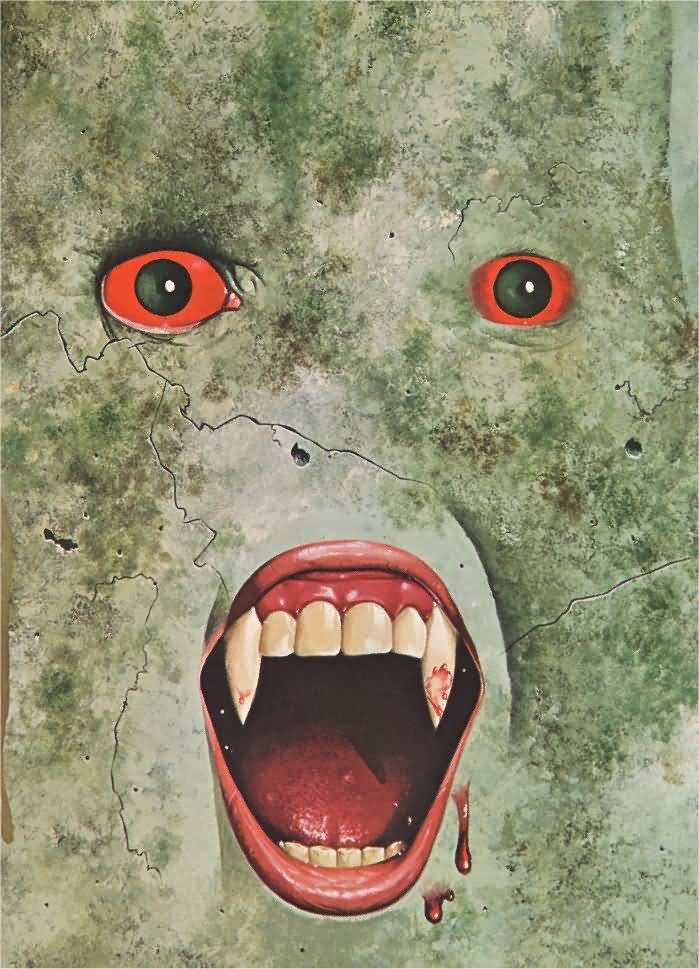The Oxford English Dictionary dates the first appearance of the word vampire in English from 1734, in a travelogue titled Travels of Three English Gentlemen published in the Harleian Miscellany in 1745.

The English word vampire was borrowed from French vampire in turn borrowed in early 18th century from Serbian вампир/vampir or, according to some sources, from Hungarian vampir. The Serbian and Hungarian forms have parallels in virtually all Slavic languages: German vampir, Bulgarian and Macedonian вампир (vampir), Czech and Slovak upir, Polish wapierz , Russian упырь (upyr’), Belarussian упыр (upyr), Ukrainian упир (upyr), from Old Russian упирь (upir’).
The word Upir as a term for vampire is found for the first time in written form in 1047 in a letter to a Novgorodian prince referring to him as ‘Upir Lichyj’ (Оупирь Лихыи)(Wicked Vampire in Old Russian).
Tracing the source of upir and its Slavic cognates (i.e., upior, obyrbi, upirbi, obiri) is even more controversial. Among the proposed proto-Slavic forms are *ǫpyrь and *ǫpirь. Franz Miklosich, a late 19th century linguist, suggested that upir is derived from uber, a Turkish word for witch (cf. Kazan Tatar ubyr “witch”). Andre Vaillant suggests just the opposite — that the Northern Turkish word uber derived from the Slavic upir. More recently, Jan Perkowski, who has done a great amount of research on the vampires of the Slavs, also favors a Slavic origin to the word.
But even amongst those who lean towards a Slavic origin, there is considerable disagreement. Kazimierz Moszynski suggests that ‘u-pir’ is from a Serbo-Croatian word ‘pirati’ (to blow). Aleksandr Afanas’ev points to the Slavic ‘pij’ (to drink), which may have entered the Slavic language from the Greek, via Old Church Slavonic. The Slavic word might, like its possible Russian cognate netopyr‘ (“bat”), come from the Proto-Indo-European root for “to fly”.








